“Guess What?”
a saga of oranges and bananas
There you are,
first morning moments:
freshly squeezed juice
in a small glass hand painted
with hummingbirds to uplift.
You give so many people
a sense of the good life,
safe, nourishing,
your reassuring roundness.
Scrambled eggs must come next.
with warm buttered toast
then off kids go to school,
your wholesome juice a promise
of life’s steady predictability.
At rest on grocery shelves
you’re royalty, your vibrancy
outdoing all nearby companions.
These other fruits, bored and unchosen,
soft spots ruining their appearance,
harass and insult in their jealousy.
“How prosaic you are,” they snarl,
“Nothing unique, so much the same
one to another.”
Bananas, especially,
are bullies, often too green, not ready
and available like oranges or apples,
too easily passed over in their days
of wizardly perfection until their
skin blackens prophesying bruises
inside.
As they whisper and gossip,
do you oranges feel hurt, lonely, exiled?
Why, no, you boast a Van Gogh
vibrancy. Best of all, no slander
reaches through your thick skin.
A young care-worn mom
in her faded dress,
planning a healthy stalwart juice
for her youngsters, reaches
to gather you into her basket
when a banana, green with envy
but ripe with righteous news,
comes up with a deal breaker.
“Hey, he calls out. “Sweet Mama!”
She turns, her hand almost fully
embracing you. “Yes?” she says.
“Guess what?!”
The banana has a crude, harsh voice
that carries through the aisles.
“Those oranges are full of pesticides!
Yep, they ain’t organic.
Gonna give your kids CANCER.”
The young mother bristled: “Why, you are one
rude and intrusive banana. I wash our oranges
thoroughly and nothing gets inside their lovely
skins.”
“Ha!” snorted the banana. “The pesticides in the
soil grow right through the orange tree’s roots
into the fruit. So take that home to your cosy
breakfast, juice for the kiddies and false sense
of security.”
Her face and mood begin to droop, her pinafore
sags. Sighing she says, “O, dear, perhaps you’re
right, even nasty as you are.”
The banana shifts back on his shelf.
For a moment bullying provides an escape
from his misery, the bitter source of
his own pesticide trauma: gassed in a plastic
bag with hideous chlorpyritos. His biggest
secret, his shame, is how the children
who played around his tree, and the laborers,
are saturated with toxins far worse
than those sprayed on oranges,
infected for a lifetime.
Still, what fun, what a relief to ruin the young
mother’s day, all those juices she now knows
her kids drank, accumulating poison in their
vulnerable bodies. Those who gassed him don’t care
about children. Why should he have feelings for the kiddies?
Chlorpyritos has infected his spirit, full of bitterness
despite the charade of his appearance: slick luminous
outer peel actually penetrated with spray that reached
inside to pollute the white artificially firm flesh.
And there’s more. The banana is grinning.
A slow, sleazy grin. The toxins in him have
rotted his moral sense. He’s so thrilled, how
he can really read people, get to their vulnerable
spot. Their weakness. Ha! One look at this Mommie,
in her flimsy dress and twelve boxes of Mac
and Cheese she’d hope the juice would offset.
No way can she afford to buy organic.
He’s successfully destroyed her peace of mind.
Breakfast is now risky,
no longer the early morning sanctuary
before her kids leave for school after
eggs, toast, and tainted orange juice.
One might even say:
banana schadenfreude.
Golly, such ghastly joy.
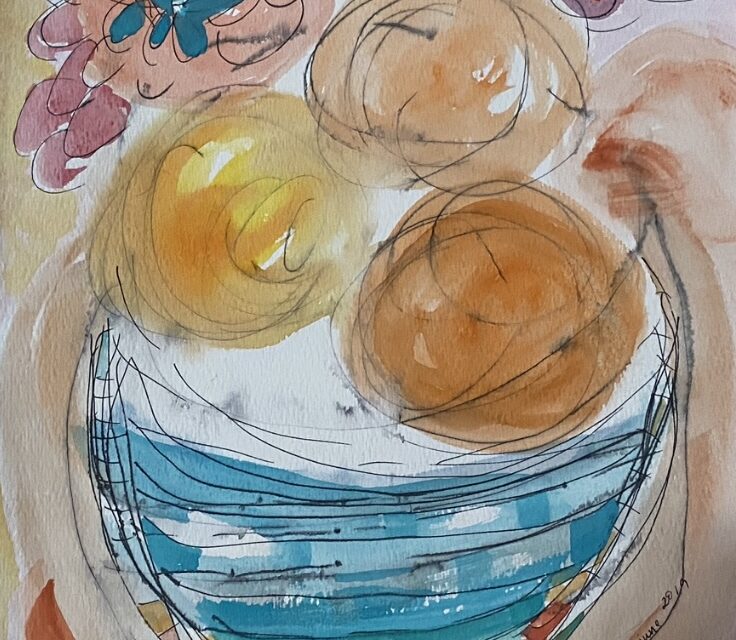
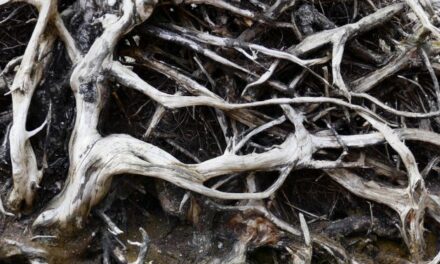
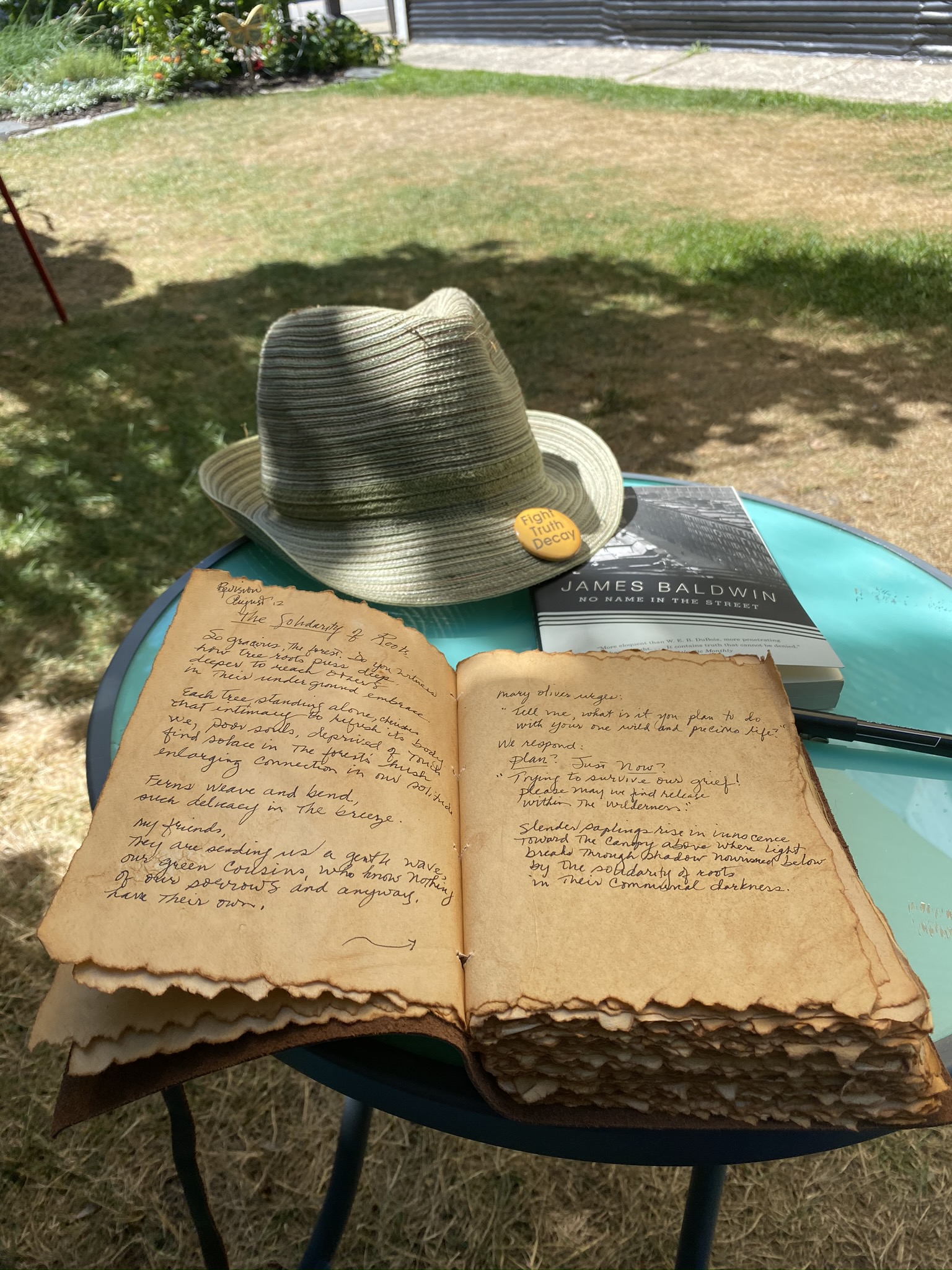

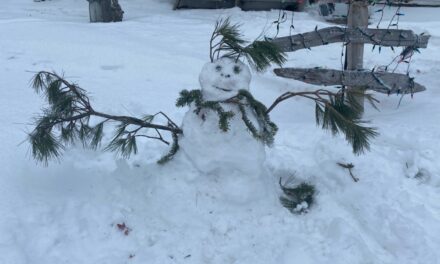

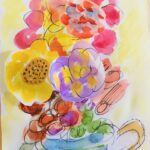






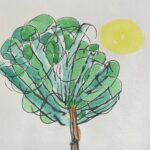


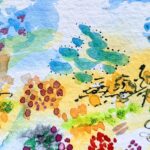


Recent Comments